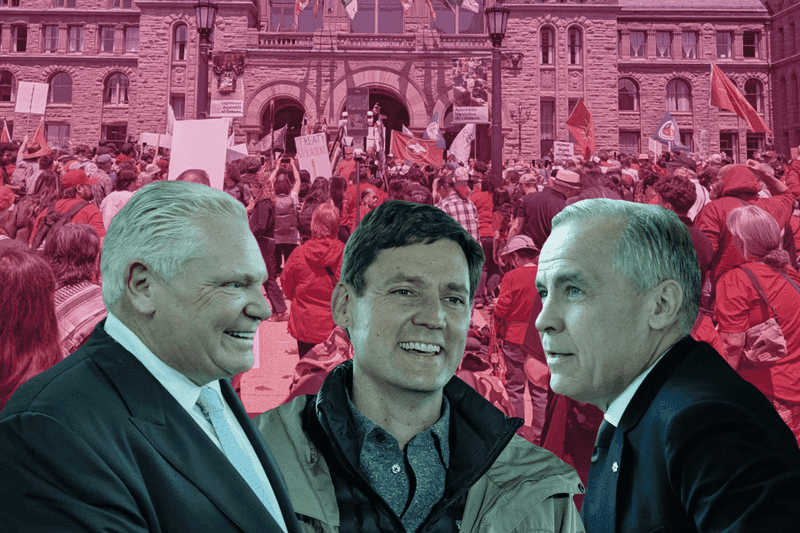
“The new international economic order… will not only be built with declarations; it must be carried out through action.” These were the words of the Argentine representative to the UN on May 1 1974, mere hours after the passage of the two resolutions on the NIEO.
49 years later, that sentiment formed the basis of the 2023 Havana Declaration on the NIEO: “economic liberation will not be granted, but must be seized.”
The question before us in the remaining sessions of this Congress, having analyzed the present juncture, and outlined a shared vision of an alternative future, is: how?
Certainly, the answer rests on what might today be called South-South cooperation. But that term has too often been defanged — the potency of Third World solidarity diluted to a mere matter of mutual trade and technical assistance, however essential these are.
A more powerful mode of Southern cooperation is that which seeks a united voice in demanding reforms of the North. Joint negotiations for a TRIPS waiver at the WTO, or to ease conditionality at the IMF — this too is necessary, but even a united negotiating front is only as strong as its underlying balance of power.
To realize the vision for an NIEO that has been so forcefully laid out by the speakers of last session, we must strategically assess tactics in terms of their ability to shift that balance. To that end, I propose that we conceive of “tactics for a new NIEO” as fitting one of two forms:
First, are those tactics which weaken the grip of Northern power through the unilateral withdrawal from its structures, and the construction of alternatives. This is the approach already taken in the creation of the New Development Bank, in bilateral agreements to denominate trade in non-dollar currencies, in the creation of alternatives to the SWIFT payments system. Looking forward, this approach can be found in proposals to do away with the CFA Franc, to establish alternative sovereign credit rating agencies, or to coordinate BIT withdrawal.
These are the actions that seek to wrest the South from the bonds of the imperial system. A sort of gradual, collective delinking.
The second are those tactics which build Southern power over the North. How can that be done?
The passage of the NIEO resolutions in 1974 was realized on the strength of the newly flexed muscle of OPEC. This is because OPEC, whatever its imperfections, was premised on the fact that dependency runs in both directions. The North depends on the South — for its natural resources, for its cheap labor, for its many streams of neocolonial plunder. Anything that credibly threatens these flows of value from South to North holds the possibility of subverting the relations of dependency.
A new critical minerals cartel. A club of debtor nations. These have the potential to not just meet their immediate goals — of higher commodity prices, or better terms of debt restructuring — but also to put material threat behind Southern demands for concessions across domains.
Building alternative institutions to weaken Northern power. Leveraging the North’s reliance on the South to wield Southern power. From a model of South-South cooperation to one of South-South collective action.
These ideas are surely not altogether new. And realizing their great ambitions requires the rebuilding of bonds of solidarity that have, over the last half century, greatly deteriorated.
But, while I personally am in no place to lecture this group, I share this framework so that, as we hear tomorrow’s many excellent proposals, we might maintain a clarity of strategic purpose — a shared understanding of the modes of Southern cooperation before us, and of the possibilities of what Andrés Arauz termed “unilateral, coordinated action.”
Multipolarity is a means, not an end. Not an alternate future, but an opening of possible futures. The task before us is to define a strategy that allows us to seize a future of Southern economic liberation — of decolonization.
I would like to conclude as I started, with a quote from almost exactly 50 years ago today. This time from the Chinese representative to the UN: "Unity means victory… Our fighting tasks are arduous, and the road ahead is not smooth. But the future is bright.”





